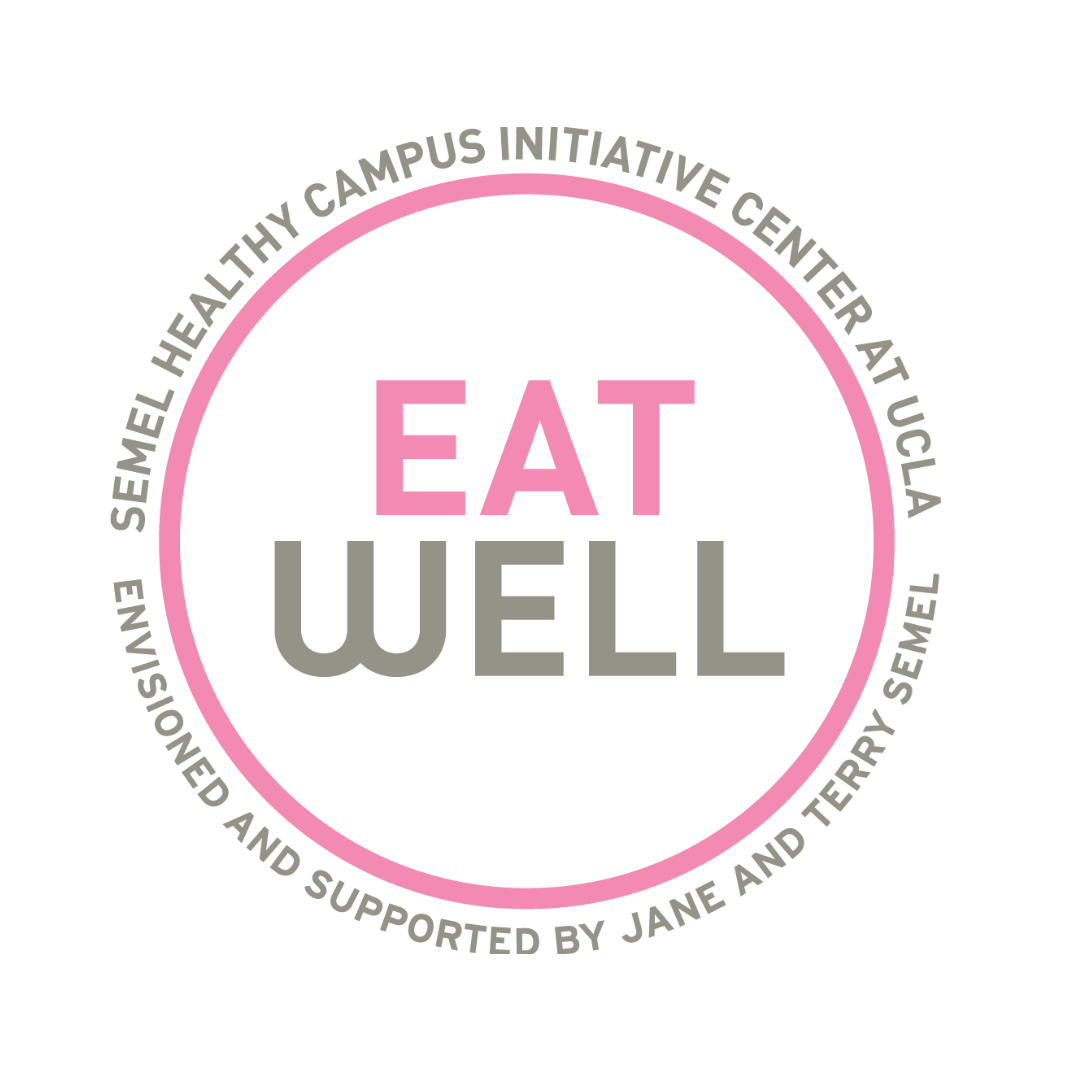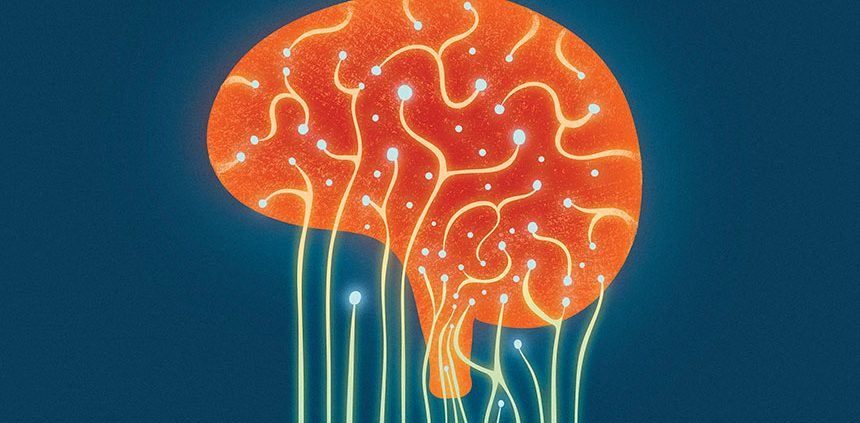The Brain and Your Bacterial Microbiome
Ever hear the saying “you are what you eat”? Well that’s actually true, to an extent. The food we put into our bodies can significantly affect how our brain operates.
There’s been an explosion of new studies that are looking at how the millions of bacteria or microbial changes in our stomachs are affecting our brain function and mental health. And what makes this new research so perplexing is how the results show that some bacteria are actually good for our bodies, contrary to popular belief. This fact is even seen in our everyday lives with rows of grocery store shelves filled with probiotic pills, yogurts, drinks, and more!
The microbiome within our bodies has an extensive symbiotic relationship with us that dates back to even before humans were alive. Bacteria cells have evolved alongside human cells and it seems that we are just now recognizing that not all bacteria cause diseases or make you get sick. Studies have even found that some bacteria may even produce many of the brain’s neural chemicals as seen in the table below.
In one study, mice born without bacteria were studied and researchers discovered that the mice moved and explored more abnormally, had reduced levels of serotonin and brain derived neurotrophic factors (BDNF) in the amygdala and hippocampus, and boosts in corticotropin-releasing factor and adrenocorticotropic hormone, both signs of high stress. To think that any bacteria could have such a huge impact on our mental health and behavior is fascinating to say the least.
Studies consistently demonstrate how much diet and mental health truly correlate. In another recent Oregon State research study, researchers discovered that diets loaded in high fat and sugar have been shown to reduce cognitive flexibility, thinking, and memory. That’s actually pretty scary to think about! As finals are approaching and lectures aren’t slowing down, many of us might not think much about the types of food we eat, let alone how much it could affect us come test time. We often simply go for either the easiest or fastest option, and more often than not, we find ourselves choosing foods that are not necessarily conducive for our stomach’s healthy microbial environment.

As you already know, choosing a healthy balanced diet is not only important for your physical health, but now you know it is arguably even more important to enhance your learning and support your ability to succeed in school. Diets with fish, such as salmon or tuna, are rich in healthy omega-3 fatty acids and docosahexaenoic acid (DHA) which supports active neuron function. Green vegetables like kale, spinach, and broccoli are also good sources of vitamin E and folic acid while avocados and berries have good antioxidants that reduce memory loss. Tomatoes also promote higher brain function because of its large amount of licopene, which has been shown to reduce neural cell damage (Health Benefits of Food). Even probiotic supplements such as acidophilus pills or drinks/yogurts like kombucha or kefir seem to foster and enhance the healthy stomach bacterial microbiome while also providing a myriad of other health benefits. Taking control of our own diet will help put us in control of our mental health. Check out even more foods that are great for your brain here. As we take control of our own diets in midterm season and maintain a healthier microbiome environment within our stomachs, maybe we’ll even see the effects of these changes on our memory and stress levels.
Its also important to note that our stomachs are, in fact, not the only microbiome that is important to maintain. The oral microbiome is a rich environment full of ‘good’ bacteria that can both affect a lot of other functions in your body and also is a good indicator of your overall health. Sugars are not only destroying the bacteria and components in our saliva that protect our teeth but are making us more prone to cavities. A healthy alternative to sugars, Xylitol, is now widely popular and is protecting our oral microbiome. According to numerous studies, a healthy oral and stomach microbiome are both crucial to good mental health and this can be accomplished through a mindful diet.
While all the research thus far has expanded our knowledge of the body’s very own microbiome and how our diet impacts our mental health, we have just began to graze this huge field. With new studies popping up each month, it’s fascinating to see what researchers are discovering. Making myself more aware of how my own body functions has empowered me to change my own diet and supplement it with healthy bacteria/probiotics. I hope this overview has made you more aware and interested in this field and potentially influenced you to always be mindful of what you are eating.
Phillip Cox is a 4th year Bioengineering major and blogger for the Eat Well Pod within the Healthy Campus Initiative.



